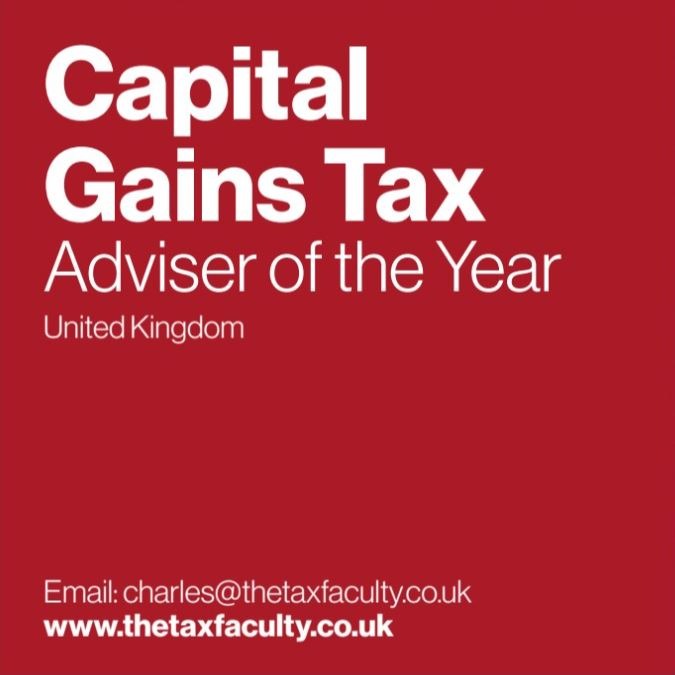Top 8 UK Tax Changes for 2025
What You Need to Know About Proposed Changes This Year
HMRCTAX COMPLIANCEUK GOVERNMENTTAX CHANGES
The Tax Faculty
1/6/20255 min read
1. National Insurance for Employers
From April 6, 2025, employers will face an increase in the National Insurance contribution rate from 13.8% to 15%. Additionally, the earnings threshold for employer contributions will be lowered from £9,100 per year to £5,000. While this change directly impacts employers, it could indirectly affect employees if businesses choose to offset these higher costs by raising prices or limiting pay increases.
Example: A small business with 10 employees earning an average of £30,000 annually will see its National Insurance contributions rise by approximately £3,000 per year.
2. Stamp Duty Changes
The temporary stamp duty thresholds introduced in 2022 will revert to their previous levels on April 1, 2025. The standard threshold will decrease from £250,000 to £125,000, while the first-time buyer threshold will drop from £425,000 to £300,000. The potential impact for homebuyers is that they will pay more tax on properties exceeding these thresholds which could deter some buyers or slow the housing market.
Example: Purchasing a £400,000 property as a first-time buyer will now incur £5,000 in stamp duty, compared to zero under the current rules.
3. Council Tax Increases
Local councils in England will be permitted to raise council tax by up to 5% starting in April 2025 without requiring a referendum. The average Band D council tax bill is expected to surpass £2,200.
Example: A household currently paying £2,171 annually may see their bill increase by an additional £100 or more, depending on local council decisions.
4. Car Tax Updates
New car tax rates effective from April 2025 will impact buyers of both low-emission and high-emission vehicles. Tax for vehicles emitting between 1-50 g/km of CO2 will rise from £10 to £110, while rates for vehicles emitting over 255 g/km of CO2 will double to £5,490 for the first year.
Example: A hybrid vehicle emitting 40 g/km of CO2 that previously attracted a £10 tax rate will now cost £110 annually.
5. Alcohol Duty Changes
From February 1, 2025, alcohol duty will rise by 2.7% for non-draught products such as wine, spirits, and bottled beer. However, duty on draught beverages served in pubs and restaurants will see a 1.7% reduction.
Example: A bottle of wine priced at £10 could now cost an additional 27p due to increased duty.
6. Capital Gains Tax (CGT) Increases
Effective immediately following the 2025 Budget, CGT rates will rise from 10% to 18% for basic rate taxpayers and from 20% to 24% for higher and additional rate taxpayers. This change affects anyone selling assets such as property, shares, or valuable items, as CGT is calculated on the profit made from the sale.
Example: Selling a second property with a £50,000 profit will now incur an additional £4,000 in CGT for a higher-rate taxpayer.
7. Income Tax Threshold Freeze
Income tax thresholds remain frozen until 2028, meaning more taxpayers will be pulled into higher tax brackets as wages rise. The personal allowance stays at £12,570, with the higher-rate threshold fixed at £50,270.
Example: An individual earning £50,000 in 2024 might see their income rise to £52,000 in 2025, pushing part of their earnings into the 40% tax band.
8. Inheritance Tax (IHT) and Pension Changes
IHT thresholds, including the £325,000 standard threshold and £175,000 residence nil-rate band, remain frozen until 2030. From April 2027, pensions will also count as part of an estate for IHT purposes, potentially increasing tax liabilities for beneficiaries.
Example: An estate worth £500,000, including a £200,000 pension, could now face an IHT bill of £70,000, depending on allowances used.


2025 is set to bring a series of tax changes that could significantly impact individuals and businesses across the UK. Staying informed about these updates is essential to managing your finances effectively. Here are the top 8 tax changes to watch out for in 2025, along with details and examples of how they might affect you.
Tax Changes of Note

In light of these changes you might want to consider reviewing your financial plans with a tax professional to ensure you are fully prepared. There are proactive measures you can take. This could include selling assets before the CGT rate increases or gifting assets to take advantage of frozen inheritance tax allowances could save you substantial sums in the long run, depending on your personal circumstances.
If you’re feeling uncertain, think of it this way: planning ahead is like an investment in peace of mind. Knowing that you’ve accounted for potential increases in tax obligations—or found ways to legally reduce them—can help you make your way through 2025 with confidence.
Remember, these changes are not just about costs—they represent real opportunities to reassess your financial strategies. Whether it's deciding when to make a major purchase, restructuring your investments, or reviewing your estate plan, being informed allows you to stay one step ahead.
If you have any questions regarding these changes or any aspect of tax planning, contact us at The Tax Faculty for a free consultation.
Capital Gains Tax Expertise: The Tax Faculty LLP Managing Partner Charles Tateson Named UK Capital Gains Tax Advisor of the Year 2023
The Finance Monthly Taxation Awards recognises the achievements of tax professionals from around the globe.
Winning such an award is no small feat. It is a reflection of hard work, extensive knowledge, and an ability to navigate the intricacies of the UK tax system.
Read more about Charles and the award here.



Contact Us
Contact us today on freephone 0800 0016 878 for a free consultation on all tax issues, or fill out the handy form below and we'll get back to you as soon as possible.
Alternatively, you can email us at info@thetaxfaculty.co.uk or complete the form below.
(Please note, non-UK callers may need to call 0207 101 3845 if your line cannot connect to our 0800 number)
Feel free to contact us through WhatsApp - we accept calls and messages.
Simply click the WhatsApp button below:
The Tax Faculty LLP - info@thetaxfaculty.co.uk
Call us on 0800 0016 878 for a free consultation
Copyright © 2024 The Tax Faculty LLP - All Rights Reserved


